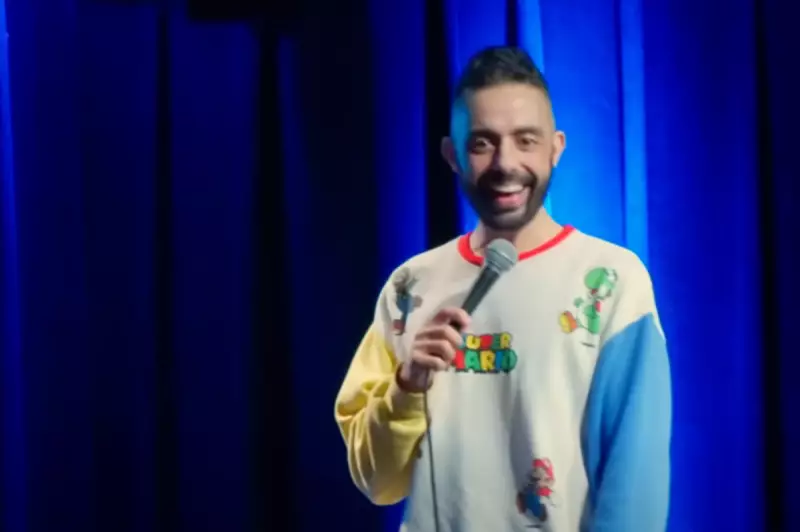
Singapore's reputation for strict censorship has been thrust into the international spotlight following the abrupt shutdown of American comedian Sammy Obeid's performance. Authorities intervened directly, forcing the comedy club to cancel the show mid-run due to material deemed to touch on the sensitive topic of Palestine.
The incident, which occurred at the Capitol Kempinski Hotel, has ignited a fierce debate about the limits of artistic expression in the sophisticated global hub. Obeid, a comedian of Palestinian descent known for his viral TED Talk and sharp wit, was performing a scheduled residency when the show was suddenly cancelled.
The Chilling Effect of Government Intervention
Rather than a vague warning, the club's management received explicit instructions from a government agency to cease the performance immediately. This direct intervention highlights the government's hands-on approach in monitoring and regulating public discourse, even within the confines of a ticketed comedy event.
Obeid expressed his profound disappointment, stating the cancellation felt particularly personal and unjust. He emphasised that his comedy, while touching on his heritage, aimed to bridge cultural divides with humour, not to incite division.
A Pattern of Control Over Public Discourse
This event is not isolated. It fits a well-established pattern in Singapore, where the government maintains tight control over speech and assembly under laws concerning public order and racial harmony. The case underscores the ongoing tension between Singapore's desire to be a modern, world-class city and its unwavering commitment to restrictive social policies.
Free speech advocates and members of the arts community have pointed to this incident as a quintessential example of the chilling effect such policies create, where artists and venues are forced to self-censor to avoid government retribution.
International Reputation at Stake
The backlash has extended beyond Singapore's borders, drawing criticism from international observers and the global comedy community. Many argue that such heavy-handed tactics damage Singapore's image as a welcoming and cosmopolitan destination for world-class entertainment and talent.
The question now remains whether this incident will prompt any internal review of censorship policies or if the city-state will continue to prioritise its particular definition of social stability over unrestricted artistic expression.





